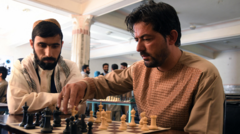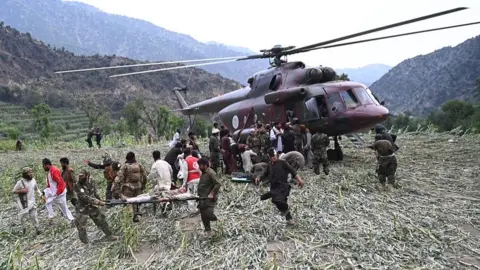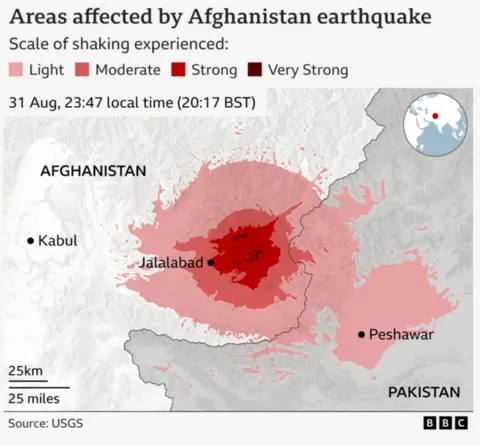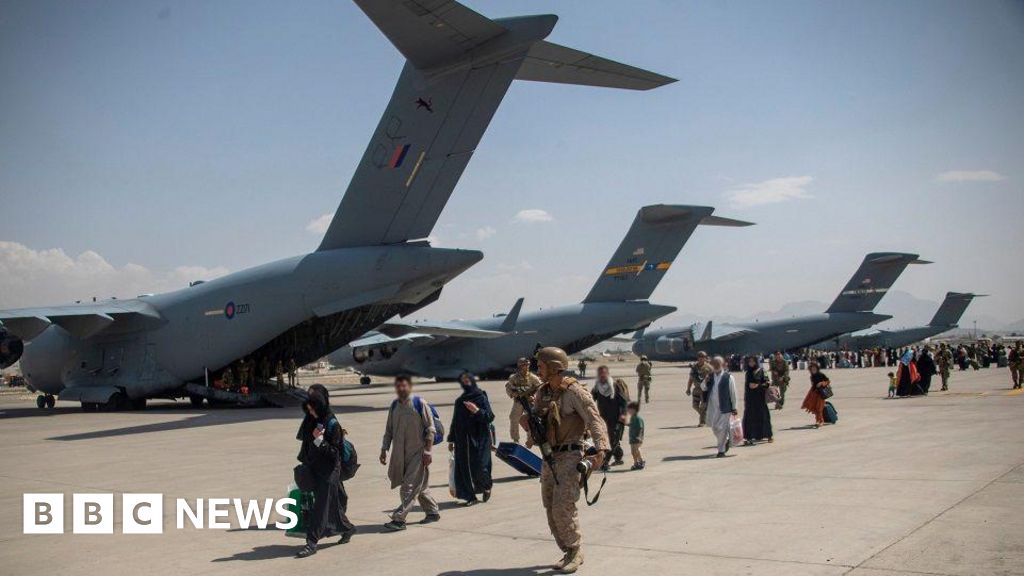In a surprising move, the Taliban government has announced an indefinite ban on chess, attributing the decision to concerns that the game may promote gambling. Taliban officials, including Atal Mashwani, spokesman for the government's sports directorate, expressed that chess is incompatible with Islamic law until a thorough examination can be conducted regarding its nature and influence.
This prohibition is part of a broader pattern of restrictions on sports and recreational activities in Afghanistan since the Taliban regained control in August 2021. Women continue to face significant barriers in accessing sports, with many activities being largely inaccessible to them. The government's latest decision reflects its commitment to uphold an austere interpretation of Islamic values, often deemed incompatible with much of contemporary recreation.
A Kabul café owner, Azizullah Gulzada, who had previously fostered a community for chess enthusiasts, acknowledged the financial repercussions of the ban. “Young people don’t have a lot of activities these days,” he lamented, noting that his establishment served as a haven for social interaction over chess games. He pointed out that chess is widely accepted in other Muslim-majority countries, questioning the logic behind the ban.
The restrictions on sports are not limited to chess. In the past, the Taliban also prohibited mixed martial arts (MMA), branding it too violent and contradictory to sharia teachings. Authorities have stated that this is part of ensuring that all public activities adhere strictly to Islamic law.
As more sports and recreational activities fall under scrutiny, the government's actions raise concerns about personal freedoms and the shrinking space for cultural engagement in Afghanistan's society.
This prohibition is part of a broader pattern of restrictions on sports and recreational activities in Afghanistan since the Taliban regained control in August 2021. Women continue to face significant barriers in accessing sports, with many activities being largely inaccessible to them. The government's latest decision reflects its commitment to uphold an austere interpretation of Islamic values, often deemed incompatible with much of contemporary recreation.
A Kabul café owner, Azizullah Gulzada, who had previously fostered a community for chess enthusiasts, acknowledged the financial repercussions of the ban. “Young people don’t have a lot of activities these days,” he lamented, noting that his establishment served as a haven for social interaction over chess games. He pointed out that chess is widely accepted in other Muslim-majority countries, questioning the logic behind the ban.
The restrictions on sports are not limited to chess. In the past, the Taliban also prohibited mixed martial arts (MMA), branding it too violent and contradictory to sharia teachings. Authorities have stated that this is part of ensuring that all public activities adhere strictly to Islamic law.
As more sports and recreational activities fall under scrutiny, the government's actions raise concerns about personal freedoms and the shrinking space for cultural engagement in Afghanistan's society.





















